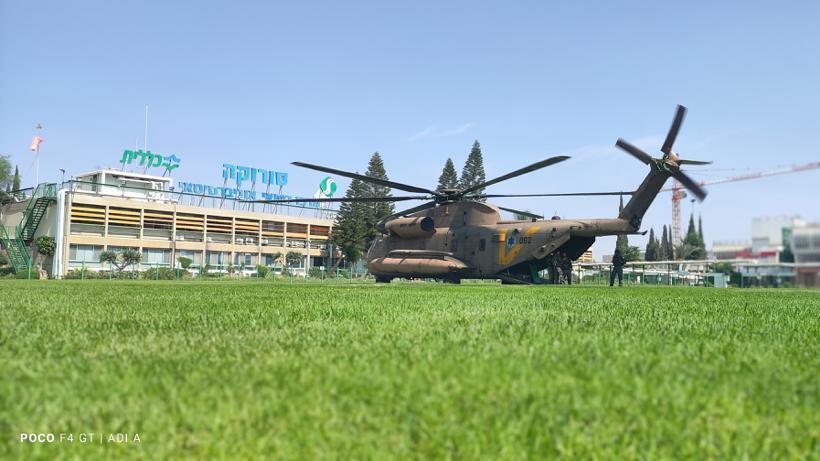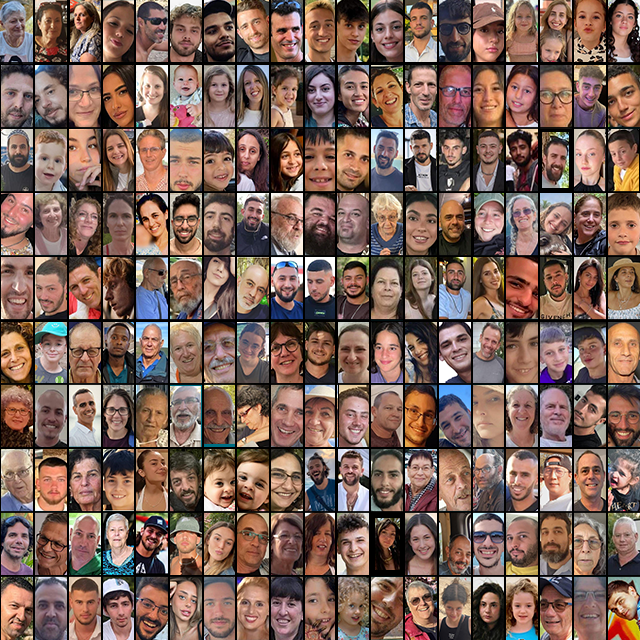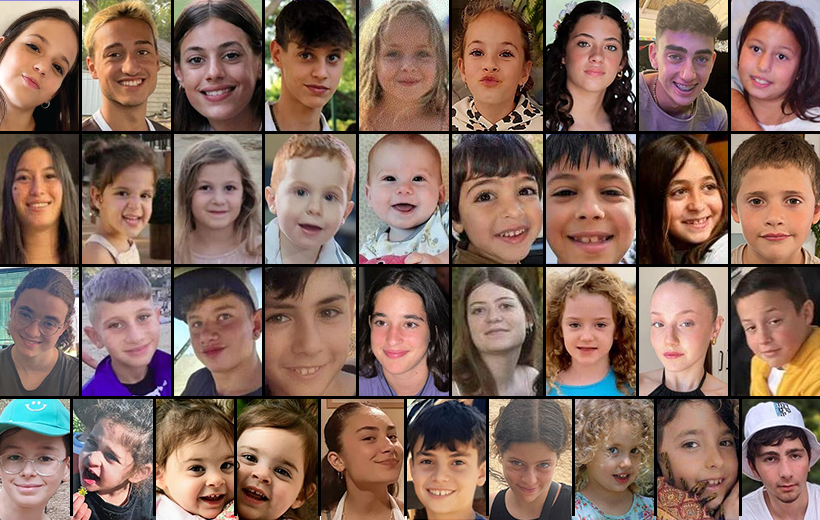A directive was released to the social services in hospitals on Wednesday regarding the treatment of released hostages. The process of their release involves several stages: initially, they will undergo a medical assessment at a reception base, and urgent cases will be directed to hospitals. There, they will undergo medical examinations, and engage with social workers, and their eligibility for a brief security debriefing will be determined.
Read more:
Against this backdrop, Mossad chief David Barnea is currently in Qatar, meeting with high-ranking officials to finalize the last details of the hostage deal, ensuring its implementation and providing the necessary envelope from the Israeli side to advance it.
The social workers who will meet the hostages will assess the mental distress intensity and may recommend additional psychological intervention by a psychiatrist or psychologist as needed. If there is suspicion of sexual abuse or maltreatment, the medical team should be informed for further investigation and treatment. Direct questioning ("interrogation") should be avoided, allowing choice and control over the conversation and sharing. If professional involvement is needed for an "acute room" assessment, the necessary conditions will be arranged.
Social workers will also meet with the families of the hostages, to prepare the family for the return of their loved one and provide an explanation regarding what is expected to happen in the coming hours – the initial examination and the option to depend on this examination according to their preference.
The social workers are instructed to advise the family to avoid exposing the hostages to media coverage and to refrain from providing information to reporters and investigators. During the initial medical examination, a hospital social worker will join the family in the waiting room. If there are additional family members outside the facility, it is recommended that another social worker approach them and update them on the situation. This also applies to family members who are at a distance by phone. The update at this stage will be basic.
After the initial medical examination, a social worker will accompany the family to a meeting with the released individual, according to the agreement with the family. During the second medical examination, and based on the family's preference, a social worker will join the family in the waiting room.
At the end of the second medical examination, the social worker will be updated through the medical team that examined the condition of the returned individual. In a joint decision with the medical team and according to the preference of the released hostages, it will be determined who will update the family regarding the examination results. In general, this intermediary will facilitate the family's decision regarding hospitalization or release.
As the release from the hospital approaches, the social worker will formulate a release plan in consultation with the medical team and the hospital's mental health staff. The plan will address the physical and mental condition of the individual, their preferences, and the resources available to the family. Based on the released individuals' preferences and consent, the social worker will intervene at this stage, addressing the following factors related to the treatment process:
Recommendations regarding children
- In the outlined procedure for receiving the kidnapped children, developed by the Haruv Institute for the Welfare Ministry, it is emphasized to ensure that familiar faces receive the children upon their return to the country. If the children are released alongside a figure that holds significant familiarity, they should not be separated from that figure.
- Attention should be given to the basic needs of the child: water and food. Efforts should be made to identify and provide the child's preferred food (pizza, schnitzel, etc.). Importantly, children should not be overwhelmed with excessive food or sweets.
- Similarly, care should be taken to provide children with weather-appropriate clothing. It is crucial to avoid intrusive interventions as much as possible. In particular, be aware that a shower may be perceived as an intrusive experience. Offering a shower within the first 24 hours is acceptable, but it should not be enforced if the child is unwilling.
- No compromises should be made on medical examinations, ensuring that the child has not been harmed and that no war crimes have been committed. However, every effort should be made to avoid intrusive experiences. During medical examinations, children must be accompanied by significant figures, engaging in conversation and consulting with them. Additionally, the children should be briefed on the examinations with as much information as possible.
Fewer guests, more open communication
During the first week following the return, it is recommended to prioritize staying in a safe and familiar space as much as possible. The child should spend time with significant and familiar people and limit visits from guests, including well-known individuals. Establishing a routine with realistic goals is crucial, focusing on minimizing expectations and attending to the child's needs.
Emphasize: Rest, balanced meals, moderate outdoor physical activity, and limited interaction with friends. Allow for downtime, being present, adequate sleep, and age-appropriate behavior (avoiding the use of pacifiers, and bottles, co-sleeping with adults, etc.).
Open Communication: Allow the child to have open communication with significant people in their life about their experiences. During the first week, it is important to have at least one joint meeting with a social worker, the child, and a significant person. In this meeting, the child can share their experiences while demonstrating appropriate reactions guided by the social worker. This includes how to ask open-ended questions, offer support, respond to negative self-attributions, and more. Additionally, it is recommended to conduct an instructional session with the social worker and the significant caregiver, including training on potential trauma manifestations the child may exhibit and appropriate responses to these manifestations.





